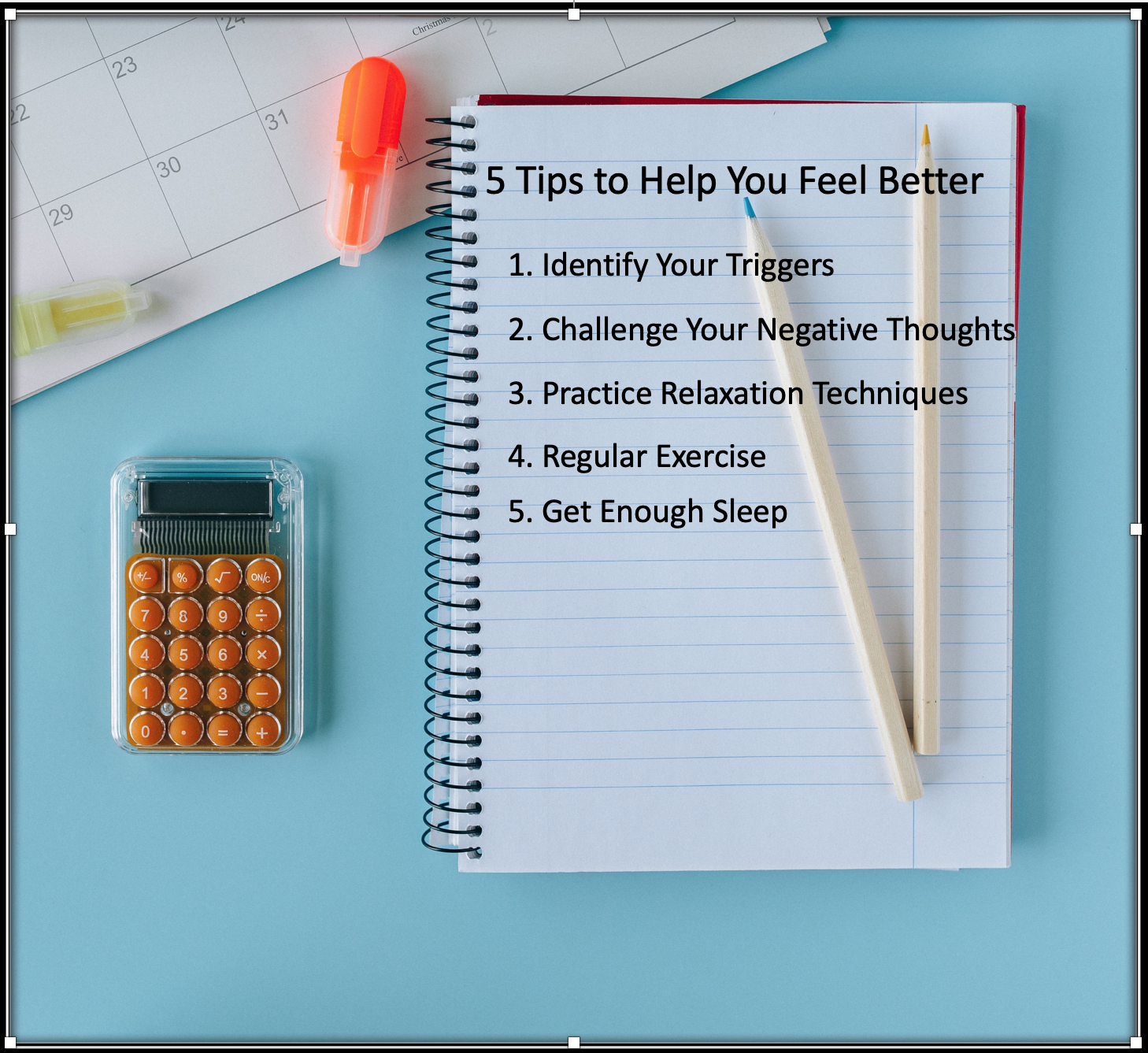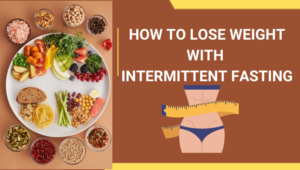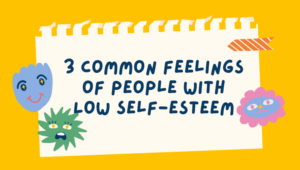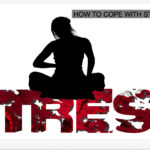If you’re feeling a little anxious, you’re not alone. Anxiety is a normal emotion that we all experience from time to time. It only becomes an issue when it starts to interfere with our daily life.
5 Tips to Help You Overcome Anxiety
Anxiety can be a normal and even healthy emotion. But when it’s constant or overwhelming — when it interferes with your relationships and day-to-day life — it becomes a problem.
If you’re struggling with anxiety, you’re not alone. Millions of people experience anxiety disorders. And while there’s no one-size-fits-all solution, there are plenty of things you can do to manage your anxiety and get back to living a happy, productive life.
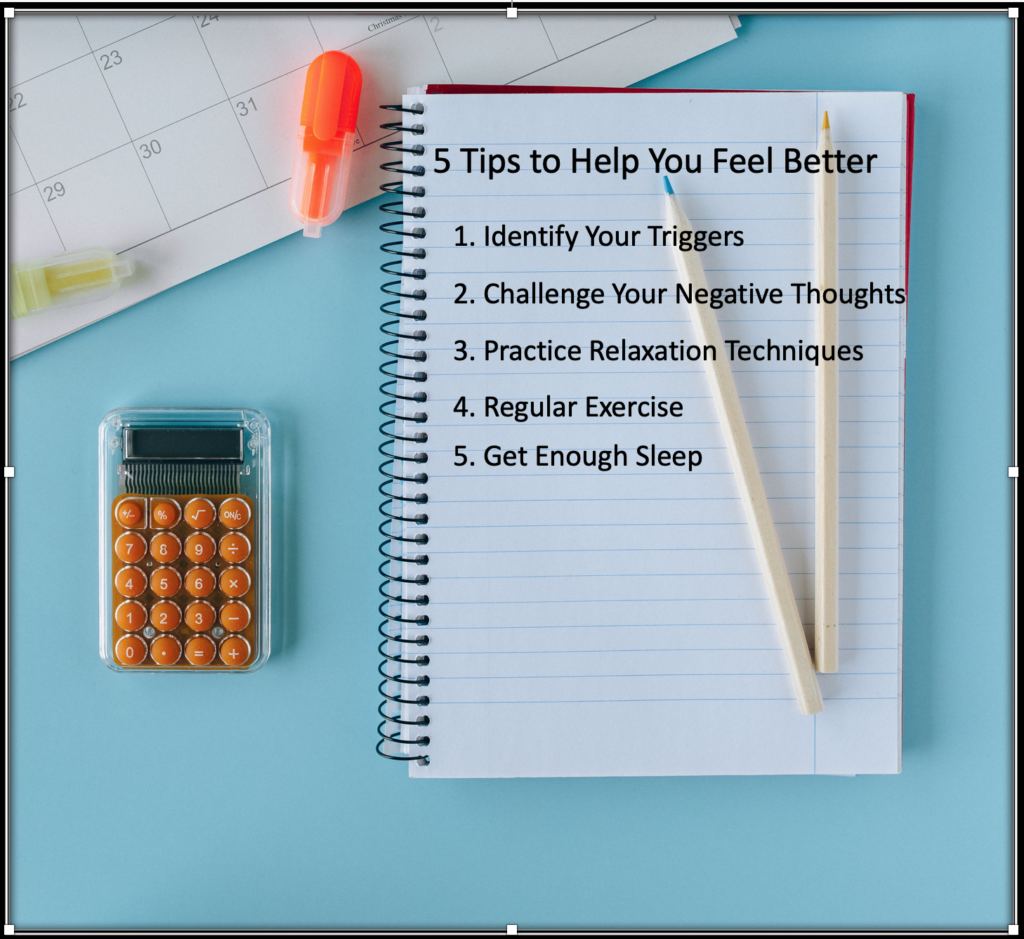
1. Identify Your Triggers
Anxiety can be triggered by a variety of things, both external (outside of you) and internal (inside of you).
External triggers can include things like a work deadline, a fight with a friend, or a looming family event. Internal triggers can include things like worry, stress, or even hunger.
The best way to identify your anxiety triggers is to keep a anxiety journal. Every time you feel anxious, take a few minutes to write down what’s going on both around you and inside of you.
Over time, you’ll start to see patterns emerge. And once you know what your anxiety triggers are, you can start to take steps to avoid them or manage them better.
2. Challenge Your Negative Thoughts
One of the most common causes of anxiety is negative thinking.
For example, if you’re anxious about a work presentation, you might be thinking things like, “I’m going to make a fool of myself,” or “Everyone is going to think I’m an idiot.”
These thoughts are not only negative, but they’re also not based in reality. The truth is, you’re probably going to do just fine. And even if you don’t, it’s not the end of the world.
When you find yourself thinking negative thoughts, challenge them. Ask yourself if they’re really true. And if they’re not, replace them with more positive, realistic thoughts.
3. Practice Relaxation Techniques
Relaxation techniques can be incredibly helpful for managing anxiety. There are a variety of different techniques you can try, so experiment to see what works best for you.
Some relaxation techniques that may help include:
• Deep breathing
Focus on taking slow, deep breaths. Inhale through your nose, and exhale through your mouth.
• Progressive muscle relaxation
Starting with your toes, tense and then relax each muscle group in your body.
• Visualization
Close your eyes and picture yourself in a calm, relaxing place.
Pay attention to the present moment, and focus on your breath.
4. Regular Exercise
Exercise is a great way to reduce anxiety. It helps to release tension, and it also boosts feel-good chemicals in your brain like endorphins and serotonin.
You don’t have to go to the gym to get a good workout. Taking a brisk walk around your neighborhood or even doing some light yard work can be enough to get your heart rate up and help you feel calmer.
5. Get Enough Sleep
Sleep is important for both physical and mental health. When you’re anxious, you may have trouble falling asleep or staying asleep. This can make anxiety worse.
Try to stick to a regular sleep schedule, and avoid watching television or working on the computer
Conclusion
Overcoming anxiety is possible. By using these tips, you can start to reduce your anxiety and live a happier, healthier life.
